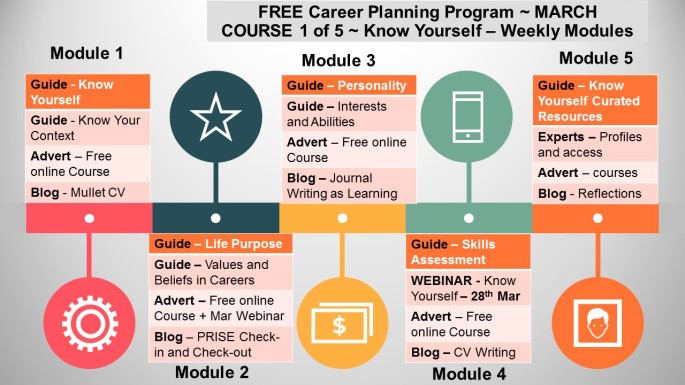
WE ARE IN WEEK 2 OF COURSE 1 of 5 – KNOW YOURSELF…YAY!!!
Welcome to MARCH Month 1, Week 2 and COURSE 1 of 5 for the Free Career Planning Program
After launching this program on the 28th of February via the blog link below, I am excited for us to MOVE to WEEK 2. https://ennielifecoach.com/2019/02/28/free-career-planning-program-details-10-months-10-webinars-20-experts-30-self-coaching-guides-a-lifetime-skill/
ACCESSING THE COURSE – The main platform to access all materials for this Program and 4 years-worth of free Life Self-coaching resources is: Facebook Page – https://www.facebook.com/EnnieLifeCoach/
OPENING THOUGHTS – Career Theories and Connecting the Dots from Week 1 and Framing Week 2 Tasks
For Week 1, we worked on Step 1 ~ Know Your Context and Know Yourself (1), and we were guided by Donald Super’s famous career development theory that focuses on three things: self-concept, life span and life spaces. (1953) On self-concept, using various guiding questions, you reflected on how you see yourself, how you want to be seen and how you think others view you in the life roles and relationships you have. Depending on your age and other bio-data factors, you located yourself within a certain developmental stage of Super’s lifespan stages.
A few of you are at Exploration Stage (15-25 years), many are at Establishment Stage (24-45 years) and a good number are at Maintenance Stage (46-65 years). The issues that emerged for you during the exercise should be in line with your life developmental stage, your self-concept at this point and hugely influenced by the role you were reflecting on and the life space or theatre you do that role in.
I have received insightful feedback from the 30 coachees in the WhatsApp Group ~ Career Planning with Ennie. These are coachees who self-signed up and have committed to diligently do all the tasks for this 5 Courses Career Planning. Four main messages filter through:
- Self-awareness ~ better understanding of contextual realities for job opportunities.
- Need for change ~ coachees noted life and work areas that needed to be changed.
- Work-Life roles imbalance ~ the level of stress, satisfaction or concern they had depended on the number of life roles they had, their combinations, time spent or not spent on each and how they felt about what came out of their self-assessment.
- Passion, Meaningful work and demands of other Life Roles ~ the reflections highlighted that for those on the program career planning work is not just about finding or keeping or progressing in a job, but it is also about doing work that is meaningful and considerate of their multiple life roles and their demands.
Week 2 therefore builds on these reflections and the foundation work done on knowing yourself in relationship to the external context your career exists in, as well as the life roles that shape it. In addition to this, we shift gears now to focus a little more on you and how you influence your career. To do that we will be guided by a meaning-centered post-modern approach to career development, Integrative Life Planning, which was developed by Sunny Hansen in 1997. The strength of this model is that it focuses on the whole person, and therefore helps you make career decisions not only for job and self-satisfaction, but also for balance/harmony with your other life roles, as well as the common good of society.
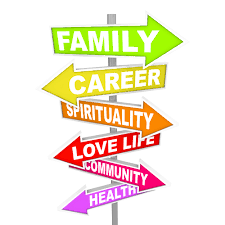
“Sunny Hansen’s (1997) Integrative Life Planning theory incorporates the identification of meaning as vital in the process of career development. She considered the impact of careers, communities and families on individuals, and focused on the cultural context for life changes. She identified six critical life tasks connecting the important life concepts for individuals and what these mean for career planning and development.
- Finding work that needs doing in changing global contexts
- Weaving our lives into a meaningful whole by integrating personal values into work
- Exploring spirituality, purpose, and meaning
- Connecting family and work (negotiating roles and relationships)
- Valuing pluralism and inclusivity through cultural diversity
- Managing personal transitions and organizational change
By exploring one’s life purpose and meaning in context with the other critical life tasks, and by incorporating personal values into work, one can create a career and life that is more meaningful (Hansen, 2001; Sharf, 2006).” Source: http://www.loveyourcareer.org/understand-yourself/32-career-counseling-tools/career-development-theories/26-career-development-theories
In Week 2 we will therefore do guided self-reflection based on the first 3 of these 6 interactive Critical Life Tasks as part of generating more baseline data on knowing yourself (Step 1 – March). This data will be used to inform the other Career Planning Steps = knowing your market (Step 2 – April), career decision-making (Step 3 – May), developing a career plan (Step 4 – June) and taking career development action (Step 5 – July).
SELF-ASSESSMENT – Career Planning STEP 1 ~ Know Yourself (2) and Exploring Meaning in Careers
In this Step 1, the intention is for you to gather information about yourself, your context and life roles and relationships, which will help you with career decision-making, developing a plan of action, implementing it and managing your career on an ongoing basis. We will do this in the form of a Self-Coaching Guide informed by Sunny Hansen’s Six Critical Life Tasks. I have re-arranged these 6 tasks in an order that would make self-assessment easier from the self, to considerations about family and then to external spaces.
SELF-COACHING GUIDE – Career Planning STEP 1 – Know Yourself (2) and Exploring Meaning in Careers
Self-Assessment Instructions:
Using the questions, reflect and capture your answers. Use a notebook or an electronic device your keep your responses as you will need them in STEP 3 – Career Decision-Making. If any of the questions do not make sense to you, I urge you to still answer as best as you can and trust the process and journey you are on. Also do not hesitate to contact me with any queries.
LIFE TASK 1: LIFE PURPOSE ~ Finding meaningful work that needs doing in changing local, national and global contexts
At the cornerstone of meaningful work and life, is the search and use of life purpose. This is defined simply as, what you see as your reason for existing in life. It should provide an answer to the big life question ~ why are you here on earth? It is your intrinsic motivator and driver for your life and for most, the reason they get up in the morning, they do what they do and the compass for making life decisions, influencing our behaviour and choices.
Purpose is different for everyone. For some it has to do with spirituality and religious beliefs, others responsibilities to family, friends or activism on human and environmental challenges. For others it is connected to vocation where doing meaningful and satisfying work is important. We therefore have included Life Purpose in this career planning program because we subscribe to the broader definition of careers to be beyond a job, but to include all the other roles in your life and you. Source: https://www.takingcharge.csh.umn.edu/what-life-purpose
Purpose and Meaningful Work is seen as the convergence of four primary elements: passion (what you love), vocation (what you are good at), mission (what the world or society needs) and profession (what you can get paid for. Reflect on the following four questions, represented in the Purpose diagram below:
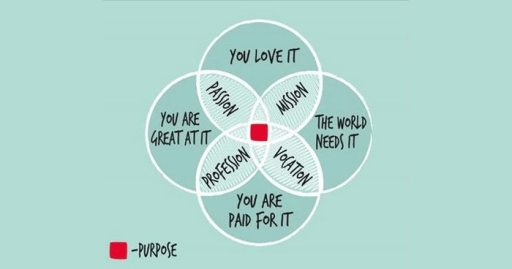
- PASSION – What do you Love? What aspects of your life bring you into your heart and make you come alive? What would you do even if you did not get paid? Could be many.
- VOCATION – What are you Great at? What unique skills do you have that come most naturally to you? What talents have you cultivated and what do you excel at even when you aren’t trying?
- MISSION – What Cause do you believe in? What breaks your heart or pulls at your gut? What change would you most love to create in the world? What would you give your life for?
- PROFESSION – What do people Value and pay you for? What service, value or offering do you bring, or could you bring, that brings real value to others? Something people need and are happy to pay for or share some value in exchange? Reflect on your knowledge, 3 core technical skills, 3 core soft skills, your education qualifications, certifications, experience over the year (paid and unpaid) etc. [Source: https://upliftconnect.com/ikigai-finding-your-reason-for-being/]
RESOURCE MATERIALS – For more information, please refer also to two articles that provide detailed information about the history and background of Purpose using the Japanese life concept of Ikigai (your reason for being), and they also provide stories and videos with examples.
- UPLIFT CONNECT – https://upliftconnect.com/ikigai-finding-your-reason-for-being/
- BARBARA BRAY – https://barbarabray.net/2017/11/14/ikigai-your-purpose-and-reason-for-being/
LIFE TASK 2: HOLISTIC LIFE WELL-BEING ~ weaving our lives into a meaningful whole
Just as Life Task 1, as focus on your life as a “meaningful whole” is based on the broad definition of career as the sum of who you are and all the roles in your life. Life Task 2, breaks down other parts of your human development, which are represented by the popularly known Wheel of Life and its holistic 8 well-being areas. The 8 life well-being areas, represented in the Purpose diagram below.
Well-being is the state of being comfortable, healthy or happy. Wellness is the state of being in good health, especially as an actively pursued goal. There are 8 dimensions of either well-being or wellness.
- spirituality ~ refer to Life Task 3
- emotional well-being
- physical wellbeing
- intellectual wellbeing
- occupational wellbeing (work/job)
- financial wellbeing includes (6a) personal financial and life management
(6b) business management or side hustle development,
- social relationships
- social contribution to help others, your community and the environment
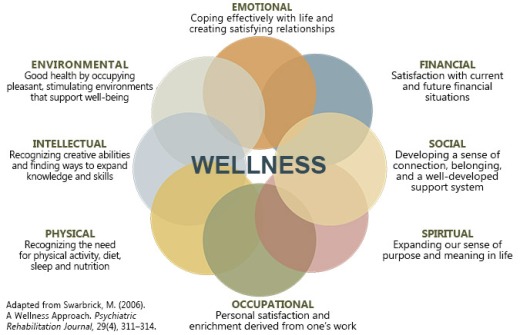
For each of these 8 areas of wellness, use the following three questions for reflection and capture notes and insights from the exercise.
- What’s working in that life area?
- What’s not working in that life area?
- What are you doing about it OR do you want to do about it?
Focus on nuances – when you do this reflection, reflect more on things that are unique to you from your Know Your Context exercise that have a bearing on these life areas. These include gender (the position and condition of men and women in society), gender roles (how women and men are socialised for various life roles), age, level of education, location etc.
LIFE TASK 3: SPIRITUALITY ~ Exploring spirituality, purpose and meaning
According to Sunny Hansen (1997), “spirituality is often defined as a higher power outside of oneself or “the core of the person” – the centre from which meaning, self, life, understanding are generated, a sense of the interrelatedness of all life”. Spirituality is therefore not religion, even though it could include religious practices. This part of the self-reflection reflect on the following:
- What does spirituality mean to you?
- What is its connection to your life purpose and career?
- What do you do that builds and nurtures your spirituality (practices)?
- How does spirituality help you during career or life uncertainties, changes and transitions?
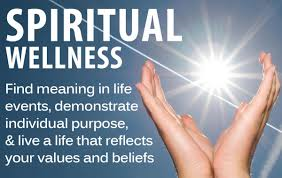
Spirituality when integrated in career development according to Pryor and Bright (2011), it has five dimensions that you can explore. Connection with others in our community and having a sense of responsibility for contributing to greater good; Purpose as having a sense of meaning in that contribution; Transcendence as having a belief in a greater power; Harmony as in having the ability for the parts that make up your life areas to be whole and Calling, which is the idea that you are called to a chosen career. Spirituality is important as it helps you embrace the many uncertainties, changes and transitions that come with careers and life.
THE END…
😊 Remember this requires commitment, to reflect, plan and work on your CAREER. Be gentle with yourself and seek support if you need it. Inbox me if you need help.
How to get in touch, participate AND SHARE ANY IDEAS YOU HAVE –
ennielifecoach@servicesgalore.co.za
+27 82 305 0550
https://www.facebook.com/EnnieLifeCoach/
I look forward to your active engagement and…
Thank you so much for joining the #Career #SelfCoachingChampions
Let’s Shake Things Up Together in 2019
@EnnieChipembere
Career and Life Coach🔥
13/03/2019
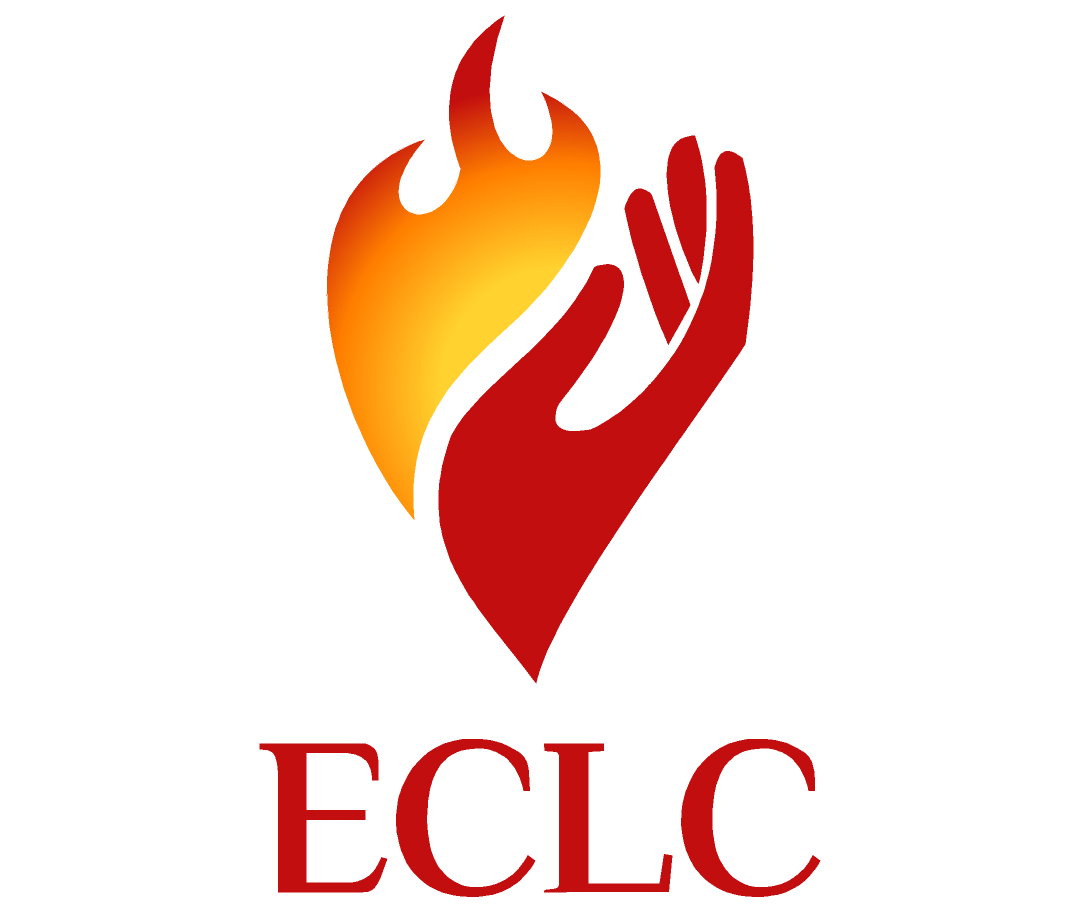

This is extremely inspiring. A continous learning process through self reflection and self criticism.well articulated points simple and motivating.
LikeLike
Thank you Nanganidzai for your positive and affirming feedback. I aim to make the Self Coaching Guides accessible to anyone of any education level so that you are able to coach yourself without me.
LikeLike